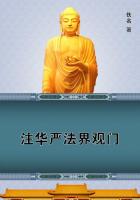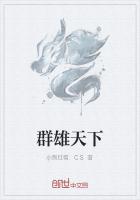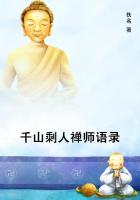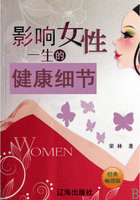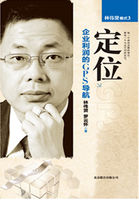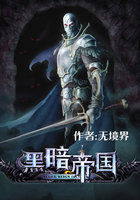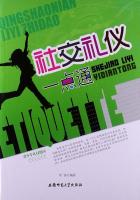Should we, then, be astonished that philosophers have always had in mind the health of the body, to preserve the health of the soul, that Pythagoras gave rules for the diet as carefully as Plato forbade wine? The regime suited to the body is always the one with which sane physicians think they must begin, when it is a question of forming the mind, and of instructing it in the knowledge of truth and virtue; but these are vain words in the disorder of illness, and in the tumult of the senses. Without the precepts of hygiene, Epictetus, Socrates, Plato, and the rest preach in vain: all ethics is fruitless for one who lacks his share of temperance; it is the source of all virtues, as intemperance is the source of all vices.
Is more needed, (for why lose myself in discussion of the passions which are all explained by the term, enormon, of Hippocrates) to prove that man is but an animal, or a collection of springs which wind each other up, without or being able to tell at what point in this human circle, nature has begun? If these springs differ among themselves, these differences consist only in their position and in their degrees of strength, and never in their nature; wherefore the soul is but a principle of motion or a material and sensible part of the brain, which can be regarded, without fear of error, as the mainspring of the whole machine, having a visible influence on all the parts. The soul seems even to have been made for the brain, so that all other parts of the system are but a kind of emanation from the brain. This will appear from certain observations, made on different embryos, which I shall now enumerate.
This oscillation, which is natural or suited to our machine, and with which each fibre and even each fibrous element, so to speak, seems to be endowed, like that of a pendulum, cannot keep up forever. It must be renewed, as it loses strength, invigorated when it is tired, and weakened when it is disturbed by an excess of strength and vigor. In this alone, true medicine consists.
The body is but a watch, whose watchmaker is the new chyle. Nature's first care, when the chyle enters the blood, is to excite in it a kind of fever which the chemists, who dream only of retorts, must have taken for fermentation. This fever produces a greater filtration of spirits, which mechanically animate the muscles and the heart, as if they had been sent there by order of the will.
These then are the causes or forces of life which thus sustain for a hundred years that perpetual movement of the solids and liquids which is as necessary to the first as to the second. But who can say whether the solids contribute more than the fluids to this movement or vice versa? All that we know is that the action of the former would soon cease without the help of the latter, that is, without the help of the fluids which by their onset rouse and maintain the elasticity of the blood vessels on which their own circulation depends. From this it follows that after death the natural resilience of each substance is still more or less strong according to the remnants of life which it outlives, being the last to perish. So true is it that this force of the animal parts can be preserved and strengthened by that of the circulation, but that it does not depend on the strength of the circulation, since, as we have seen, it can dispense with even the integrity of each member or organ.
I am aware that this opinion has not been relished by all scholars, and that Stahl especially had much scorn for it. This great chemist had wished to persuade us that the soul is the sole cause of all our movements. But this is to speak as a fanatic and not as a philosopher.
To destroy the hypothesis of Stahl, we need not make as great an effort as I find that others have done before me. We need only glance at a violinist. What flexibility, what lightness in his fingers! The movements are so quick, that it seems almost as if there were no succession. But I pray, or rather I challenge, the followers of Stahl who understand so perfectly all that our soul can do, to tell me how it could possibly execute so many motions so quickly, motions, moreover, which take place so far from the soul, and in so many different places. That is to suppose that a flute player could play brilliant cadences on an infinite number of holes that he could not know, and on which he could not even put his finger!
But let us say with M. Hecquet that all men may not go to Corinth. Why should not Stahl have been even more favored by nature as a man than as a chemist and a practioner? Happy mortal, he must have received a soul different from the rest of mankind, --- a sovereign soul, which, not content with having some control over the voluntary muscles, easily held the reins of all the movements of the body, and could suspend them, calm them, or excite them at its pleasure! With so despotic a mistress, in whose hands were, in a sense, the beating of the heart, and the laws of circulation, there could certainly be no fever, no pain, no weariness, ni honteuse impuissance, ni facheux priapisme! The soul wills, and the springs play, contract or relax. But how did the springs of Stahl's machine get out of order so soon? He who has in himself so great a doctor, should be immortal.
Moreover, Stahl is not the only one who has rejected the principle of the vibration of organic bodies. Greater minds have not used the principle when they wished to explain the actions of the heart, l'érection du penis, etc. One need only read the Institutions of Medicine by Boerhaave to see what laborious and enticing systems this great man was obliged to invent, by the labor of his mighty genius, through failure to admit that there is so wonderful a force in all bodies.
Willis and Perrault, minds of a more feeble stamp, but careful observers of nature (whereas nature was known to the famous Leyden professor only through others and second hand, so to speak)

